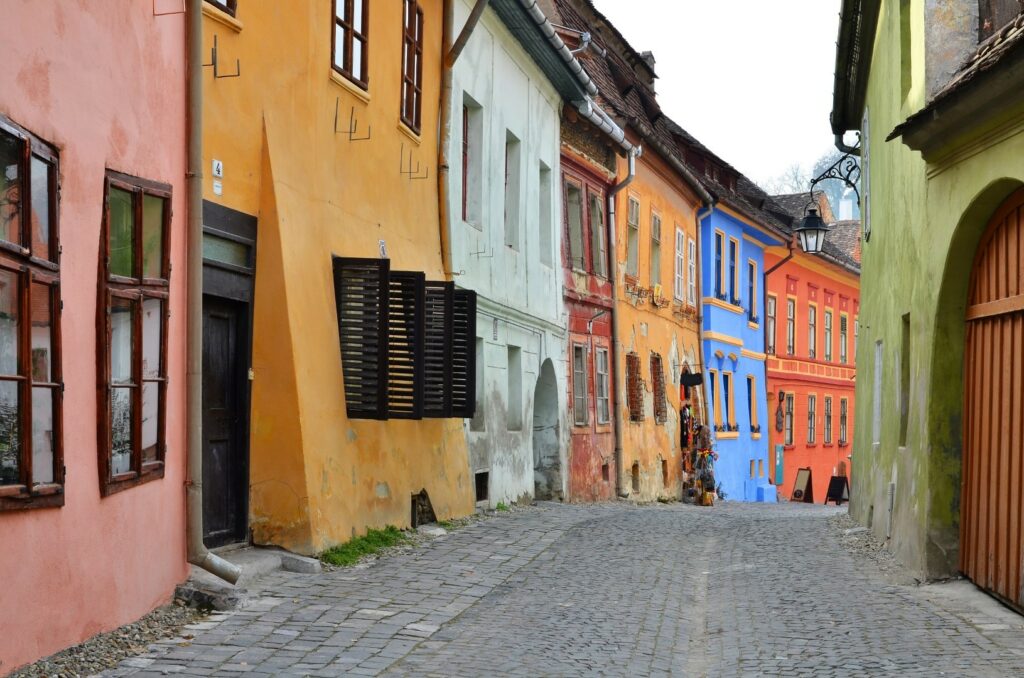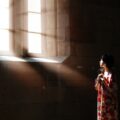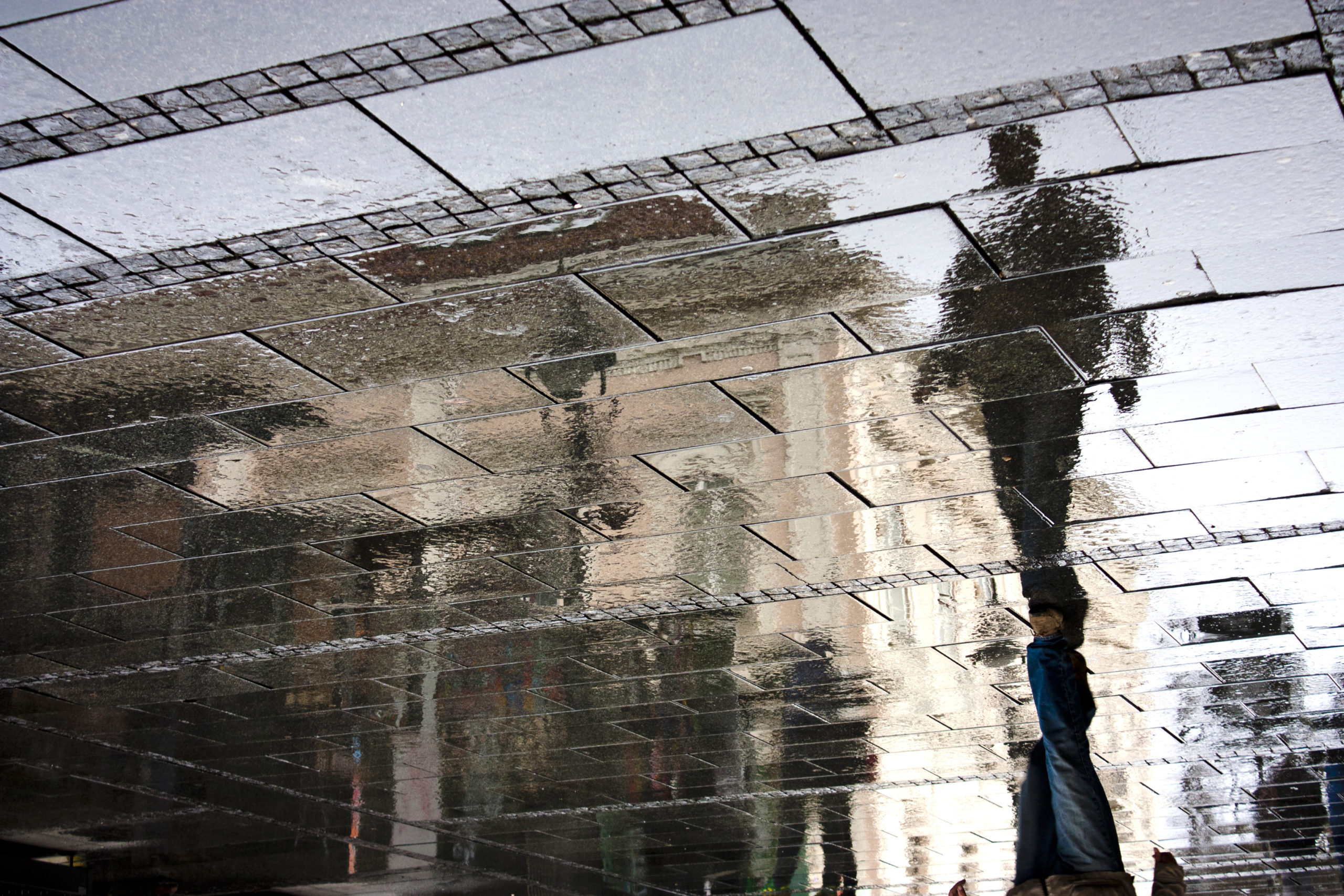The far-right on the rise in Romania
The far-right on the rise in Romania
The rise of the far-right in Romania has been closely linked with the most conservative elements of the country’s Orthodox Church. It is therefore important to explore the role that the Church has played in this phenomenon so far, and consider what position it will take going forwards.
The far-right on the rise in Romania
Prior to 2020, despite becoming major forces in many Eastern European countries, far-right political parties had not managed to gain significant representation in Romanian politics. However, as has been the case across the globe, the arrival of the coronavirus pandemic has shaken up politics and created the political environment in which the Alliance for the Romanian Union (AUR), a far-right party, gained a surprisingly high 9% of votes in parliamentary elections in December 2020. [1]
In order to explain this success, it is imperative to understand the importance of the Romanian Orthodox Church (ROC) in deepening hostility against the government and building the basis for the AUR’s gains. Throughout 2020, the conflict between the ROC and the government over coronavirus restrictions has built upon previous clashes over social issues. This article will seek to give more detail about how this situation has developed.
Social divisions
Throughout 2020, the ROC had clashed with the now-defeated government of Ludovic Orban and the Liberal Party. These clashes centred around disagreements on both social issues and the application of coronavirus safety measures.
As for the social issues, the ROC has been a key part of an ‘ultra-conservative’ movement that has brought together influential members of parliament, senators, religious figures, and pressure groups to campaign on a variety of issues. These have included challenging abortion, criticising the ‘gender ideology’ of women’s rights campaigns, and fiercely opposing LGBT movements in the nation.[2] Perhaps the most prominent of such campaigns was a successful push to greatly reduce the teaching of sexual education in Romanian schools, which was actively supported by the Catholic Church as well as the ROC.[3] However, the coronavirus pandemic opened new fronts of confrontation between the ROC and the former government.
The potential for conflict between the traditions of the ROC and the pandemic was evident in a controversy over posters depicting nurses and doctors as saints in April 2020. As Romania dealt with the first wave of the virus, a series of posters were put up in Bucharest as part of a Europe-wide campaign that portrayed doctors and nurses in a style that ‘mixed comic book elements with religious art’. However, the ROC responded by demanding the posters be removed and stating that they were blasphemous and an insult to Christian iconography.[4]
Hostility only worsened as the arrival of the second wave of the coronavirus once again caused a collision between the practices of the Church and the needs of the wider society. Of particular significance was a series of high-profile rows over bans placed on religious pilgrimages by the Romanian authorities. Tensions turned into outright confrontation after the authorities banned the Saint Demetrius pilgrimage in Bucharest and the Saint Parascheva pilgrimage in Iasi, the two largest pilgrimages in the Romanian Orthodox calendar.[5]
The banning of these pilgrimages caused sharp criticism, with the Church’s press agency accusing the government of “arrogance, decisional autarchy and moral self-centredness.”[6] As well as this institutional response, the most senior figure in the ROC, Patriarch Daniel, went even further by suggesting that there would be divine punishment for politicians who banned pilgrimages, saying that God “does not allow himself to be mocked” and sometimes he uses “bitter medicines” to bring people back on the right path.[7]
The rise of the AUR
Within this context of hostility between conservative and traditionalist elements of the Church and the Liberal government, it is easier to understand how religion has played a role in the rise of the far-right AUR party.
The relationship between the AUR and the Church’s position on social issues dates back to before the party’s creation. The co-founder of the new party, Claudiu Târziu, first came to national prominence when he was one of a group called the Coalition for Family, which initiated a referendum to ban same-sex marriages by the constitution in 2018.[8] Although the referendum failed due to a low turnout, the overlap between the new party and the Church’s opposition to gay marriage on religious grounds is evident.[9]
Furthermore, during the campaign, the AUR leadership were clear to stress the religious aspect of their party’s platform. In particular, they stated their policies were based on ‘four pillars: family, country, faith, and freedom’.[10] Therefore, it is evident that there is a significant degree of shared ideas and values regarding the social conservatism and hostility to coronavirus limitations between the ROC and the AUR.
It is difficult to distinguish definitively to what degree the ROC’s politics in 2020 contributed to the AUR’s rise. However, it is important to note that in the run-up to the scheduled parliamentary elections, the ROC did release a statement in which, without endorsing a specific party, they called on Christians to consider the “country’s good and the promotion of Christian values in society” when choosing who to vote for in the parliamentary elections. In addition, they referred to the importance of believers voting for those who “promote the traditional, natural family, made up of man and woman,” a reference to the ROC’s opposition to gay marriage.[11]
The shared political goals between the AUR and the ROC can therefore be seen in the electoral results from the December elections. The AUR had the greatest degree of success in the North-Eastern region of Romania, where the ROC has its strongest support and adherence.[12]
The Church and the far-right across the region
The unity of the social and political values of the Church and ultra-conservative political groups is a concept that is not unique to Romania and has been seen in other parts of Eastern Europe. Perhaps most notably this has been evident in Poland, where the Catholic Church’s fierce opposition to abortion and to LGBT rights campaigns has been shared by the governing Law and Justice party.[13] [14] Similarly, in Hungary, Christian values have become a ‘centrepiece’ of Viktor Orbán’s attempts to solidify his political power.[15]
As for Romania, observers interested in the overlap between religion and politics in the nation will be interested to see how the ROC interacts with this new political force and whether they seek to distance themselves from, or align themselves with, the AUR.
Interested in similar topics? Go to our Dashboard and get free updates.
[1] How a far-right party came from nowhere to shock in Romania’s election
[2] Romania’s conservatives take an axe to gender equality and sex education
[3] Rightists Are Taking Romania Back to the Dark Ages
[4] Romanian Church condemns posters depicting doctors and nurses as saints
[5] Romania’s Orthodox Church lashes at Govt. for banning pilgrimages over COVID-19 fears
[6] Romania’s Orthodox Church lashes at Govt. for banning pilgrimages over COVID-19 fears
[7] RO Orthodox Church head suggests divine punishment for politicians who banned pilgrimage
[8] Pandemic and record low turnout bring extremist party into Romania’s Parliament
[9] Romanian constitutional ban on same sex marriage fails on low vote turnout
[10] Pandemic and record low turnout bring extremist party into Romania’s Parliament
[11] Romania’s Orthodox Church publishes “pastoral recommendations for a responsible and fair vote”
[12] Pandemic and record low turnout bring extremist party into Romania’s Parliament
[13] Andrzej Duda: Polish president loyal to ruling right-wing
[14] Activists rally against Polish anti-gay bishop
[15] Orbán deploys Christianity with a twist to tighten grip in Hungary






